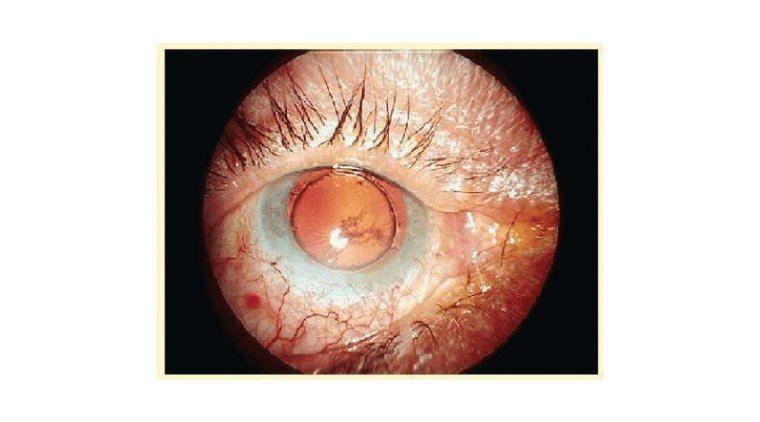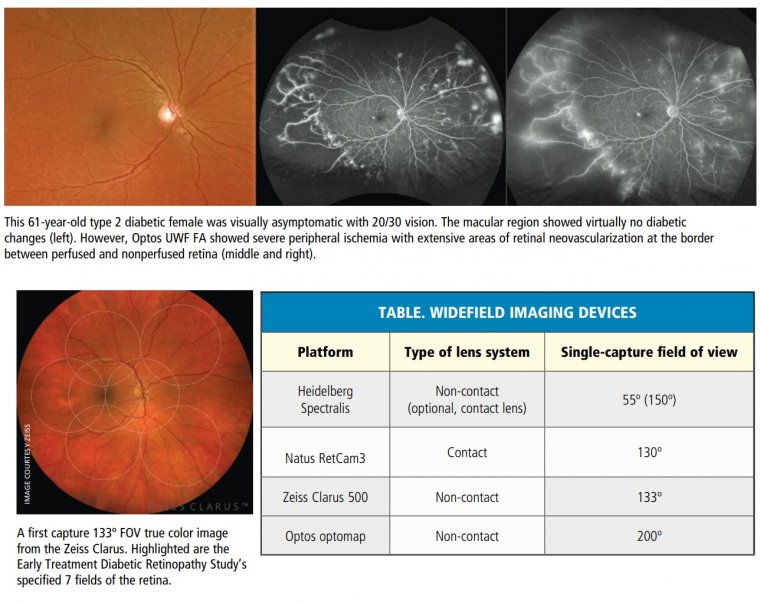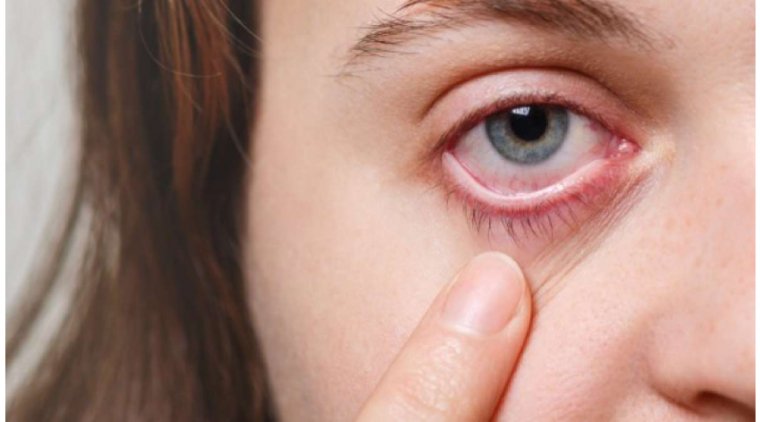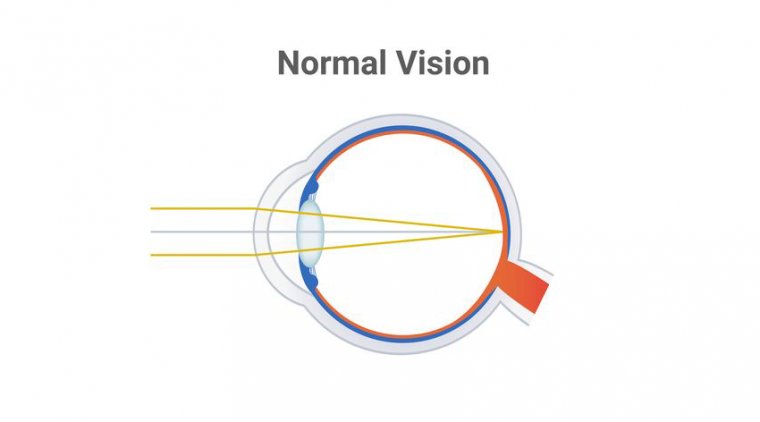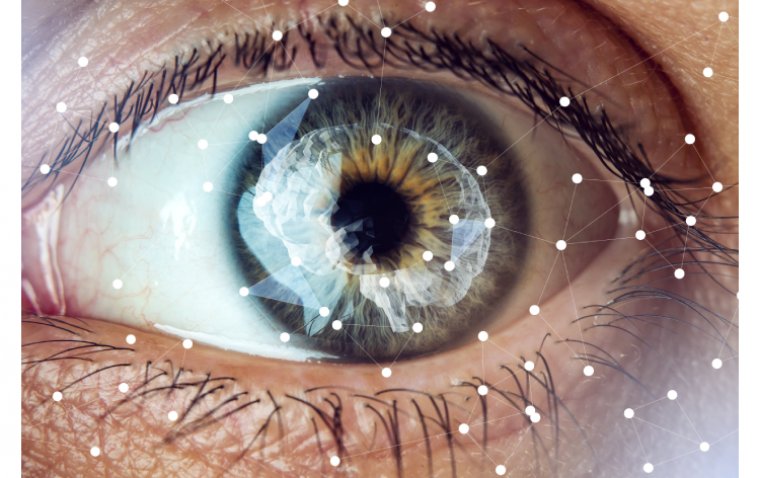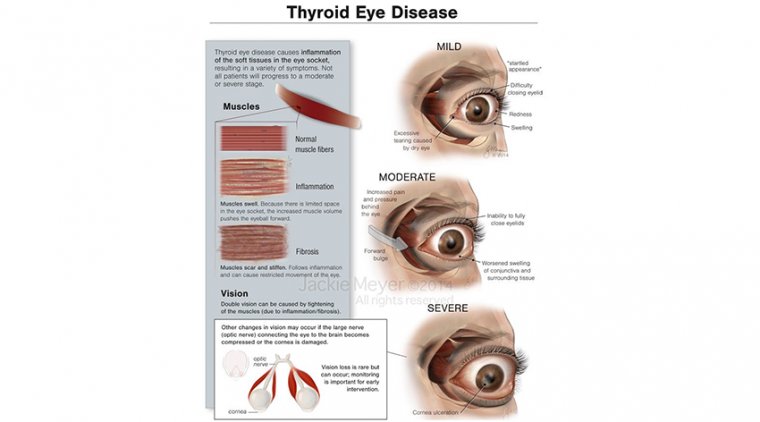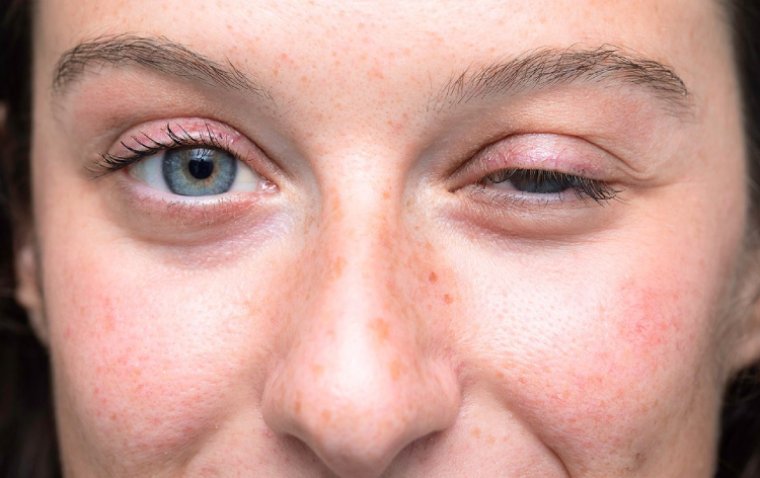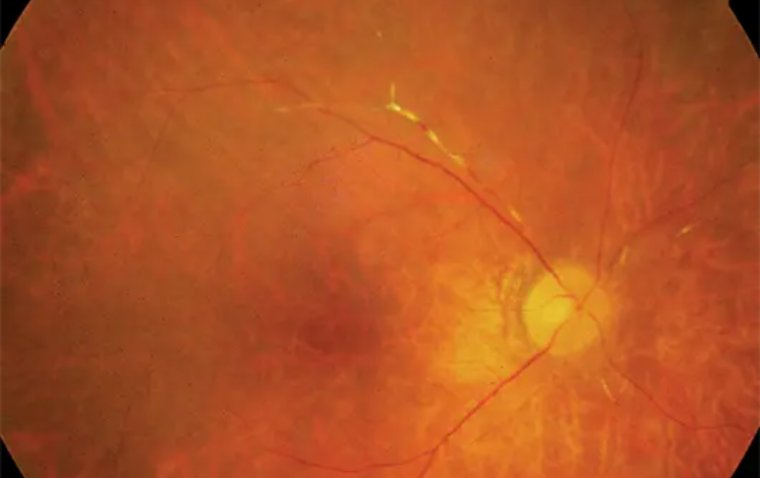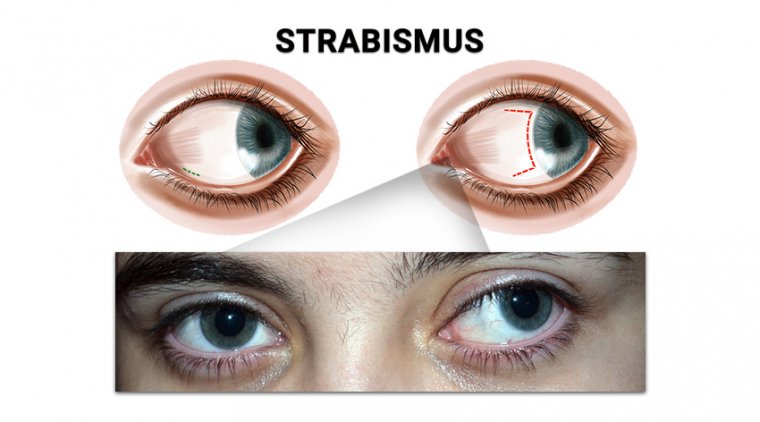
What is Diplopia Disorder and How to Deal with It?
What Is Double Vision Disorder?
Double vision, also known as diplopia, is a condition where a person sees two images of an object. This can occur when the eyes are not aligned correctly or when there is a problem with the muscles that control eye movement. Double vision can have many underlying causes, including muscle disorders, neurological disorders, injuries, and certain medications. Double vision can be a temporary or a permanent condition and can affect one or both eyes. If you happen to experience double vision, it is of great impoetance to consult a doctor for a proper diagnosis and treatment.
What Are the Symptoms of Double Vision Disorder?
The main symptom of double vision is seeing two images of a single object. Other symptoms may include:
● Difficulty reading or focusing on objects
● Headaches
● Eyestrain
● Difficulty with fine motor tasks, such as writing or threading a needle
● Dizziness or vertigo
If happen to experience double vision or any of the above symptoms, it is important to consult a healthcare provider for a proper diagnosis and treatment.
It's worth noting that double vision can be a sign of a more serious underlying condition, such as a brain tumor or aneurysm. Therefore, it is important to seek medical attention if you experience double vision, even if the symptoms are temporary or mild.
What Causes Diplopia?
There are many possible causes of double vision, or diplopia. Some common causes include:
● Muscle disorders: Double vision can be caused by problems with the muscles that control eye movement, such as weakness, paralysis, or misalignment. This can be caused by conditions such as myasthenia gravis, thyroid eye disease, or trauma.
● Neurological disorders: Double vision can be a symptom of a neurological disorder, such as a brain injury, stroke, or multiple sclerosis.
● Eye conditions: Certain eye conditions, such as cataracts or a detached retina, can cause double vision.
● Medications: Some medications, such as anti-anxiety drugs, antipsychotics, and some types of muscle relaxants, can cause double vision as a side effect.
● Alcohol or drug abuse: Alcohol or drug abuse can also cause double vision.
It is important to consult a healthcare provider for a proper diagnosis if you are experiencing double vision. The healthcare provider will be able to determine the specific cause of your double vision and recommend appropriate treatment.
What Are the Different Types of Diplopia?
There are several different types of double vision, or diplopia, based on the direction of the double vision and the eye or eyes that are affected. The different types of double vision include:
● Monocular diplopia: This type of double vision occurs when only one eye is affected. It is often caused by problems with the cornea or lens of the eye.
● Binocular diplopia: This type of double vision occurs when both eyes are affected. It is often caused by problems with the muscles that control eye movement or problems with the alignment of the eyes.
● Horizontal diplopia: This type of double vision occurs when the double vision is side by side. It is often caused by problems with the muscles that control eye movement.
● Vertical diplopia: This type of double vision occurs when the double vision is up and down. It is often caused by problems with the muscles that control eye movement or problems with the alignment of the eyes.
● Diagonal diplopia: This type of double vision occurs when the double vision is diagonal. It is often caused by problems with the muscles that control eye movement or problems with the alignment of the eyes.
It is important to consult a healthcare provider for a proper diagnosis if you are experiencing double vision. The healthcare provider will be able to determine the specific type of double vision you are experiencing and recommend appropriate treatment.
Monocular vs. Binocular Diplopia, What Are the Differences?
The main difference between monocular and binocular double vision is the number of eyes that are affected. Monocular double vision affects only one eye, while binocular double vision affects both eyes.
Horizontal vs. Vertical Diplopia, What Are the Differences?
The main difference between horizontal and vertical double vision is the direction in which the double vision is experienced. Horizontal double vision is side by side, while vertical double vision is up and down.
How to Diagnosis Diplopia?
To diagnose diplopia, or double vision, a healthcare provider will typically perform a comprehensive eye examination. This may include tests such as a visual acuity test to measure how clearly you see letters or numbers on a chart, a cover test to check for clear or doubled images, a muscle balance test to determine if there is a problem with the eye muscles, a slit lamp examination to examine the front of the eye, and an ocular motility test to measure the movements of the eyes and determine if there is any difficulty with eye alignment.
What Is the Main Diplopia Treatment?
The main treatment for diplopia, or double vision, depends on the underlying cause of the condition. Some common treatments include: Eyeglasses or contact lenses, eye patches, eye muscle exercises, prism lense sor surgery.
FAQ
In some cases, it may take several weeks or even months for the effects of treatment to be fully realized. If surgery is needed to treat double vision, it may take several weeks or months for the eye to fully heal and for the double vision to resolve.
(1).jpg)

